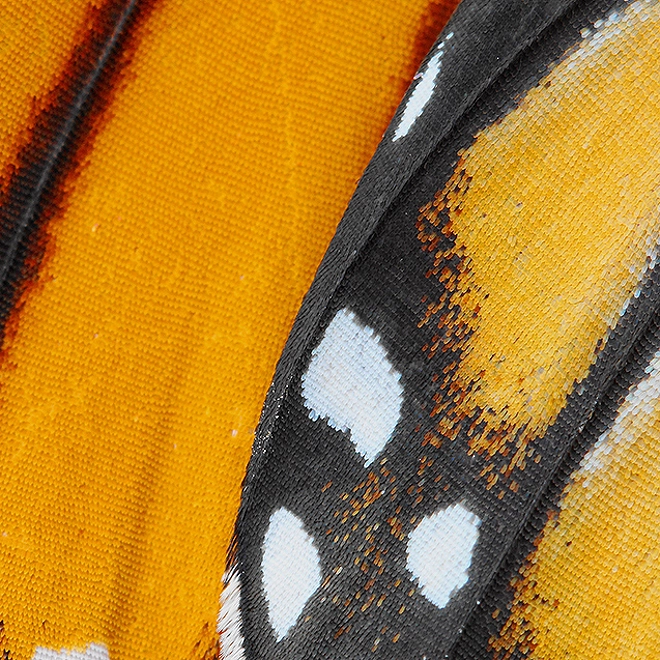Mental health stories: Making the monster my friend
Erika from Deloitte North-South Europe opens up about living with depression as part of our series aiming to reduce societal stigma around mental health.
I call my depression my monster. And it’s one that has an insatiable appetite, feeding on fear and stress and my energy. This is why I think it’s so important to be open about mental ill health at work and sharing feelings and emotions. For someone experiencing mental ill health, one of the biggest challenges is keeping up the pretense that everything is OK. It’s exhausting having to cover up what you’re really feeling and just adds to the stress and fear you’re experiencing. This in turn feeds the monster making it stronger while your own energy is sapped.
But the monster doesn’t like being exposed to the daylight. When you start to talk about your experience of mental ill health, you find that others are more open to sharing what they’re living through and being vulnerable. And while not everyone experiences mental illness, we all have our challenges. Knowing that you’re not the only one going through something helps break the cycle of fear and stress and isolation.
Me and my monster
I’ve lived with depression for a long time, but it really came to a head in 2012 when I had a severe and sustained panic attack at a friend’s wedding reception. It wasn’t my first panic attack, but it was the worst and it spurred me into action.
I sought professional help and began therapy, and this was the beginning of the biggest battle I ever faced with my monster. Finally dealing with buried pain threw me into a severe depression. I couldn’t eat or feel or function – I didn’t want to exist at that point. Compounding this was a feeling of guilt – I almost wished I had a serious physical illness so that I had an ‘excuse’ to feel the way I felt. But I began medication which started to help, and then continued with therapy for several years.
The most crucial turning point on my journey was when I finally found a way to accept myself for who I am. I learned to love myself and to take care of myself. When you experience depression, your vision is distorted through the prism of the illness. But it’s important to let go of any shame and guilt and speak up. Depression is a treatable disease and the first step on the road to recovery is letting someone know you’re not OK.
I’m not happy to have experienced depression, but I am grateful for what I’ve learned from it. It’s helped me become more empathetic; to understand and forgive. Through therapy, I have a better understanding of myself and my own needs and am now able to recognize the early signs of depression and take action to avoid a serious episode.
One of the most gratifying things I’ve found about being open about my mental ill health is how it’s encouraged others around me to open up – two people I know even began their own journey to recovery after we talked about my experience. By sharing, you’re not just helping yourself – you’re helping beat the societal stigma that keeps feeding the monster. I’ll always live with depression, but I no longer fear my monster.
Erika, Deloitte North-South Europe
Deloitte’s mental health story series aims to break down barriers to talking about mental health. It is not intended to – and does not – offer advice nor substitute professional mental health support. If you are experiencing mental ill health or are concerned about someone else’s mental health, please contact your national or local helpline or healthcare provider for support

